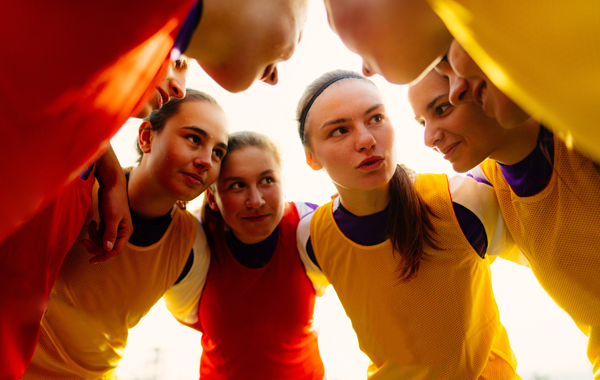Sport and the Race to Save the Climate

Sometimes, when you know it’s the right thing to do and you get a no, pretend you heard go.

Ready to start making positive impact?
Benefit from our many years of experience. No task is too big or too complex for our team.
